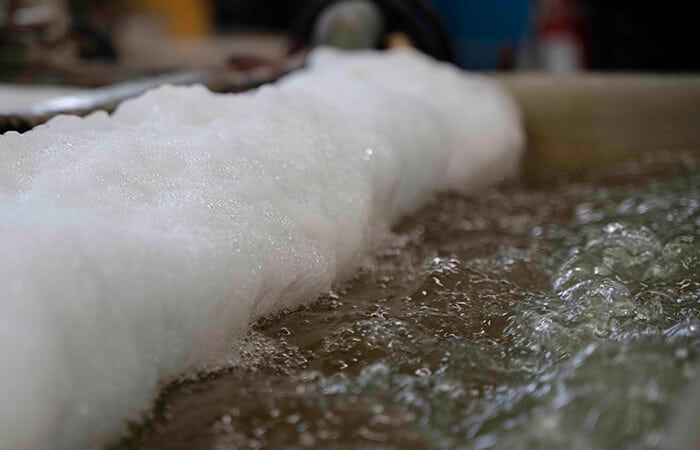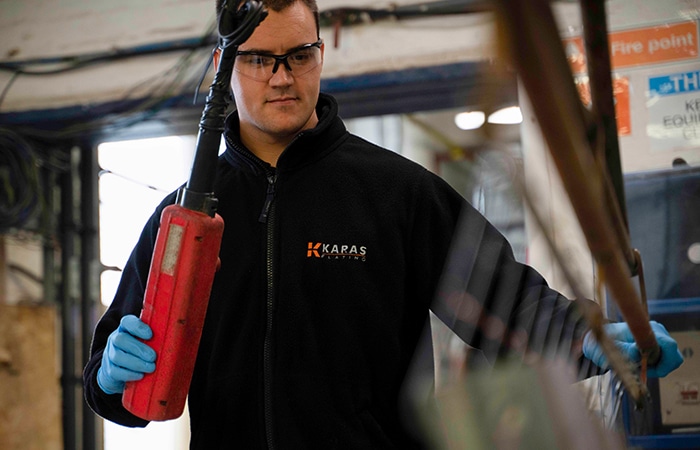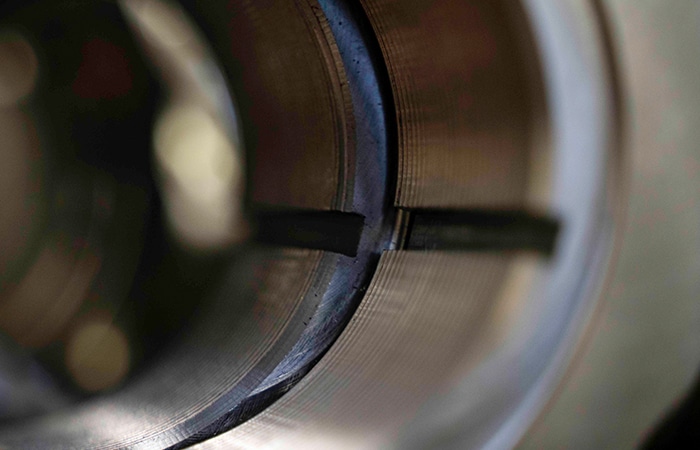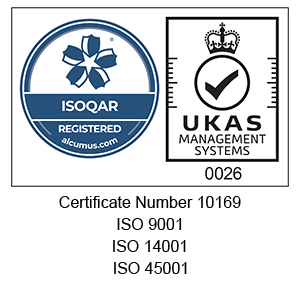
Zinc-nickel plating is popular in both the automotive and the aerospace industries for its resistance to heat and corrosion. Here at Karas Plating we have applied zinc-nickel plating to metal components for more than 10 years, providing impeccable workmanship for our customers up and down the UK.
What is zinc-nickel plating?

Zinc-nickel plating is an electroplating technique that deposits a zinc-nickel alloy onto the target metal. The amount of nickel in the alloy can be altered, which imparts different properties to the metal components in question. Based on our long years of experience with the process, we suggest an alloy with a 15% nickel composition to produce the most effective results.
How does zinc-nickel plating work?
There are numerous stages to the zinc-nickel plating process. The target metal needs to be thoroughly cleaned and rinsed of any imperfections before the coating can be applied.
The process also requires pickling in acid, followed by a further acid wash to trigger activation of the metals surface.
Once this has been done, the zinc-nickel alloy can be applied to the desired thickness. As with many plating techniques, passivation can also be included in the process – here at Karas Plating, we provide both Trivalent Black and Trivalent Clear passivation for your consideration. Getting the thickness of the coating is of paramount importance, which is why we utilise X-ray testing equipment to measure the depth of coating.


Applications of the zinc-nickel plating process
One of the key characteristics of metal treating using zinc-nickel plating is its high levels of resistance to both corrosion and high temperatures.
This combination of qualities makes it particularly useful in the aerospace and automotive industries, as well as in outdoor and offshore safety critical sectors.
For instance, you will often see zinc-nickel plated components such as clamps and stud fasteners in use by offshore oil and gas companies.
Benefits of the zinc-nickel plating process
Zinc-nickel plating offers exceptional corrosion resistance: tests have been performed on a 10-micron zinc-nickel deposit, and it withstood more than 1000 hours of neutral salt spray.
Similarly, the process provides great resilience against high temperatures, hence its popularity in the automotive industry.
Because of the alkaline nature of the solution, both the alloy and the deposits are distributed evenly across the surface of the target metal.
This method of metal plating is also very versatile, being compatible for TriPass hexavalent-chromium free passivates, and easily adjusted to improve friction resistance through the use of Torque ‘N’ Tension fluids.




